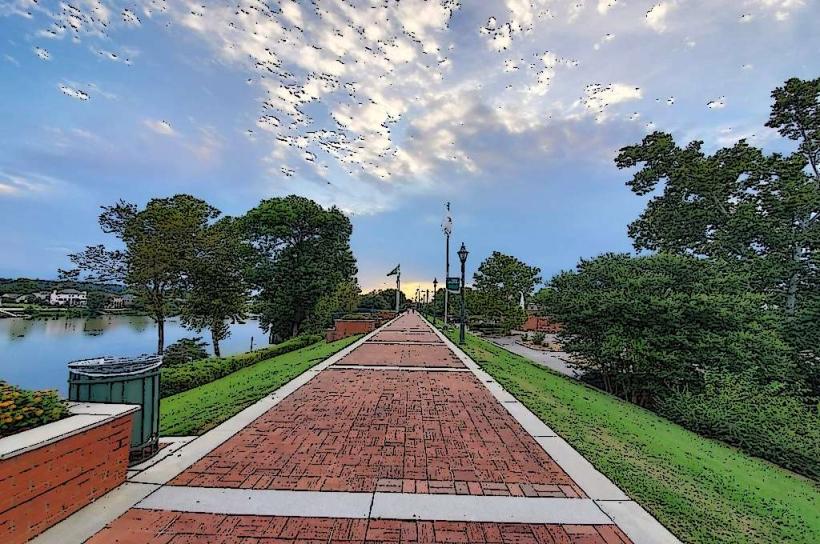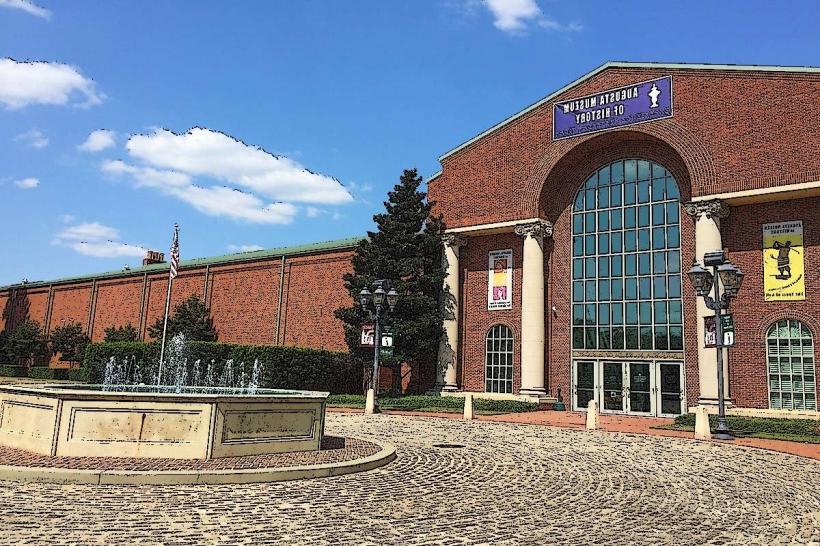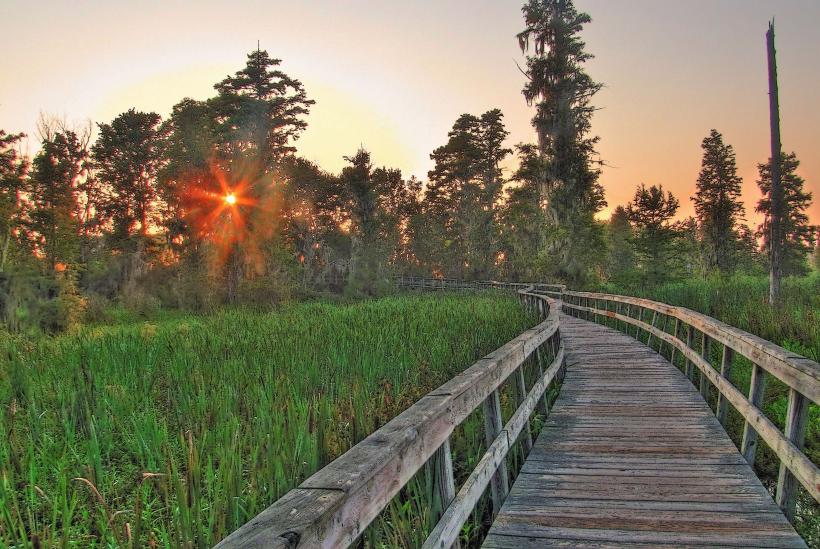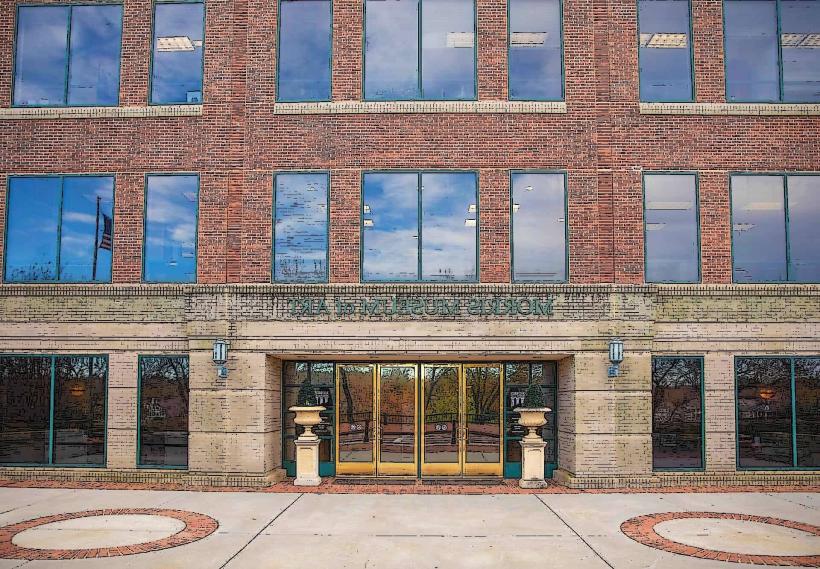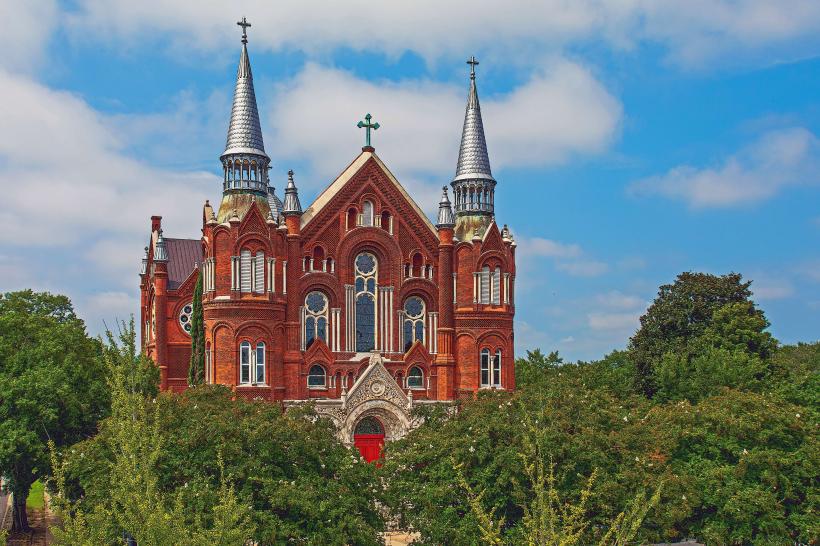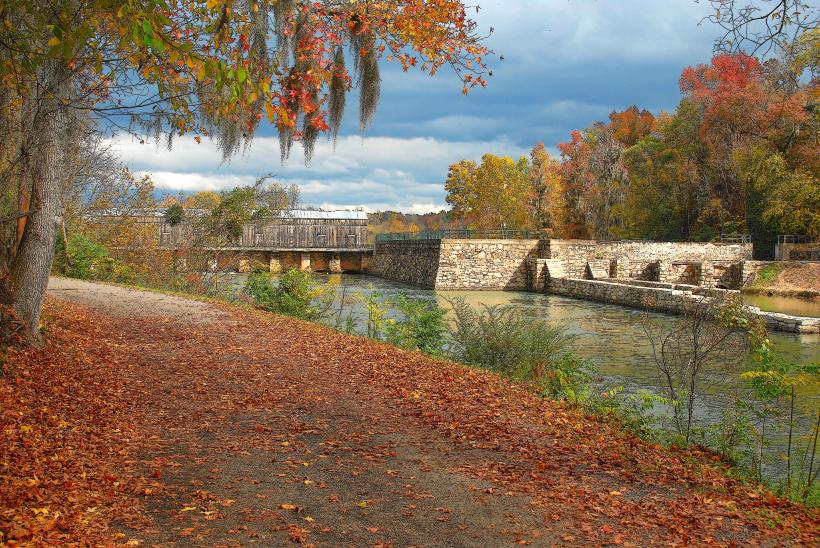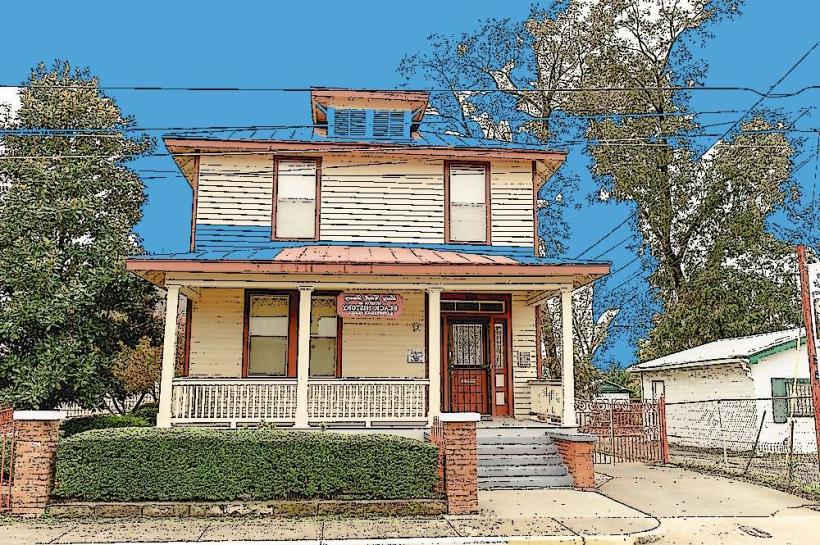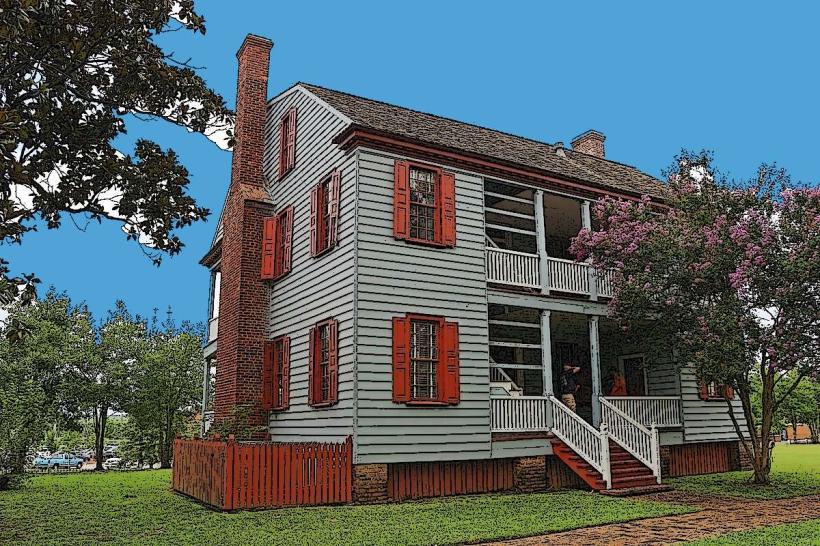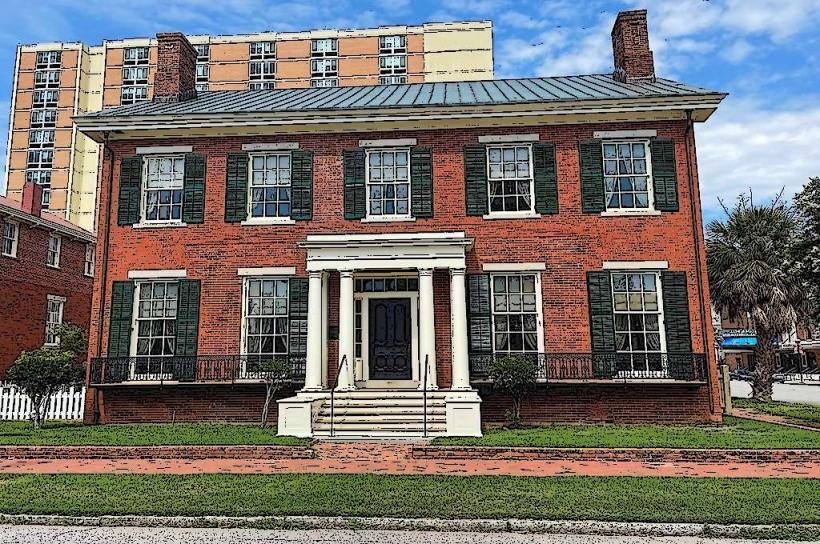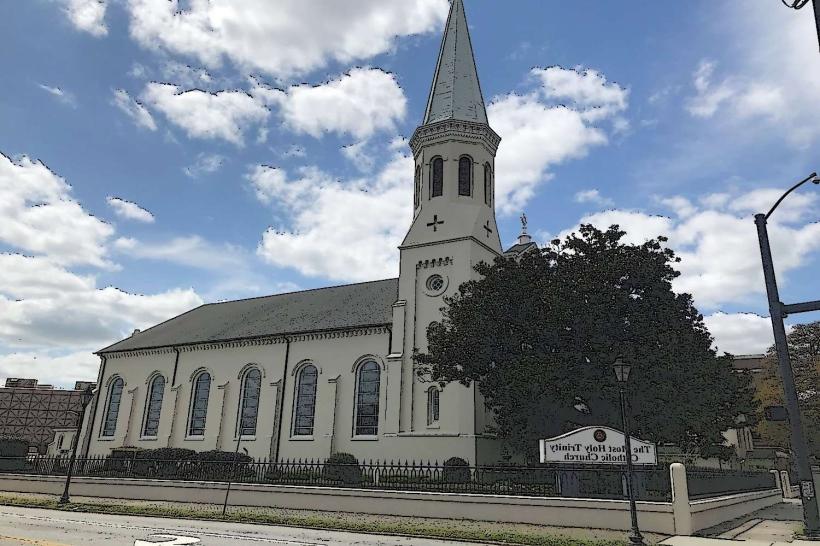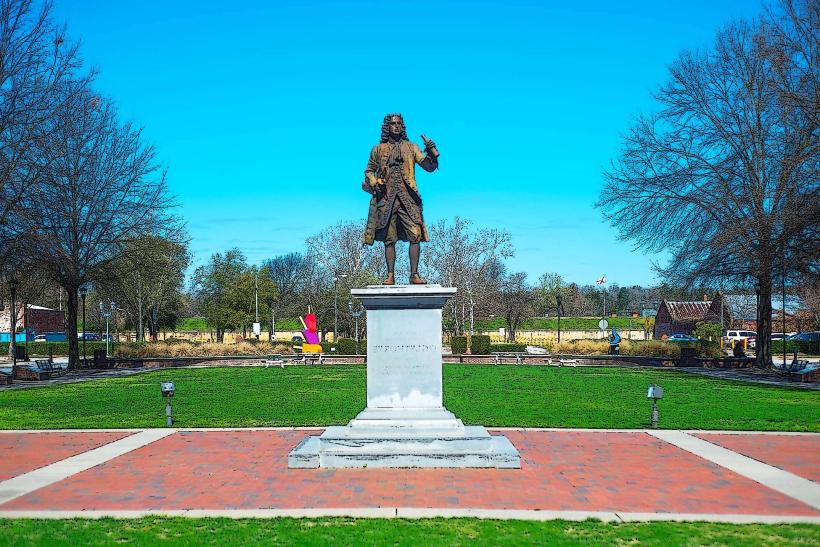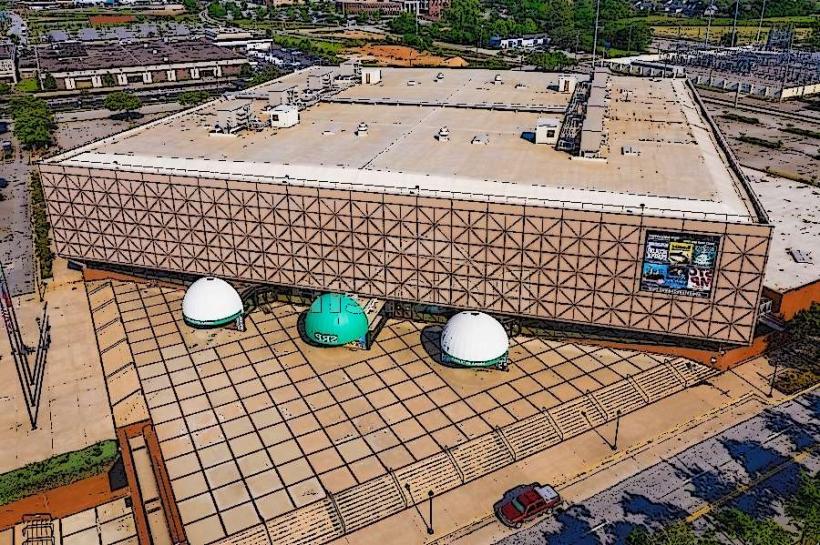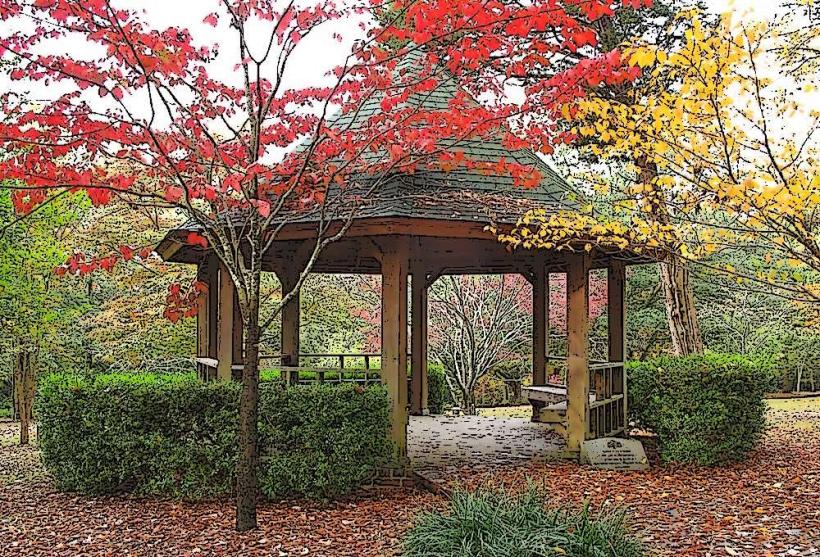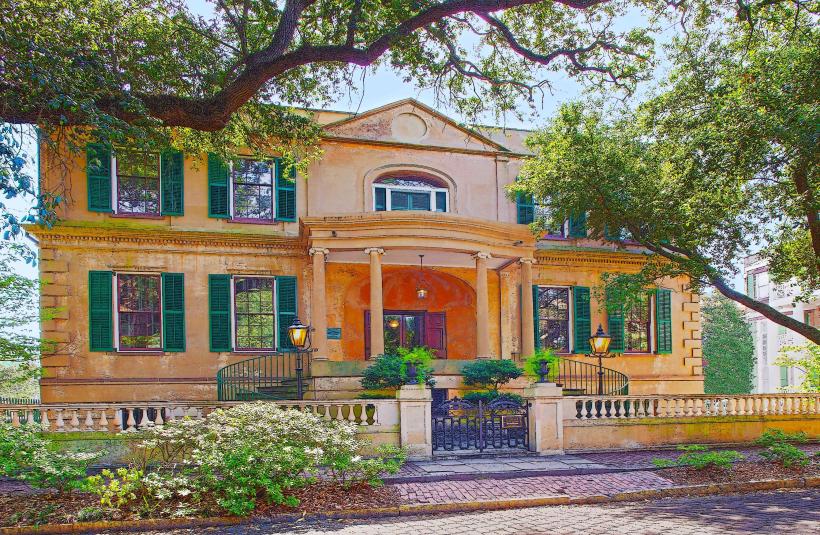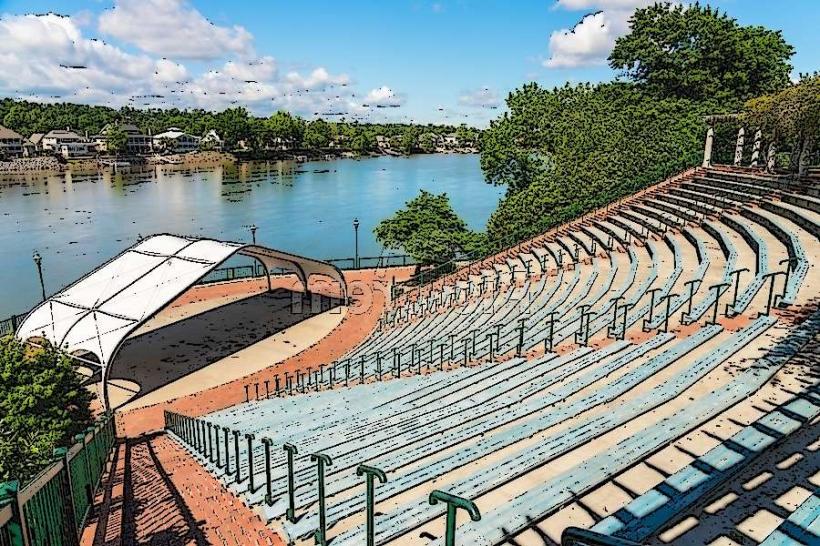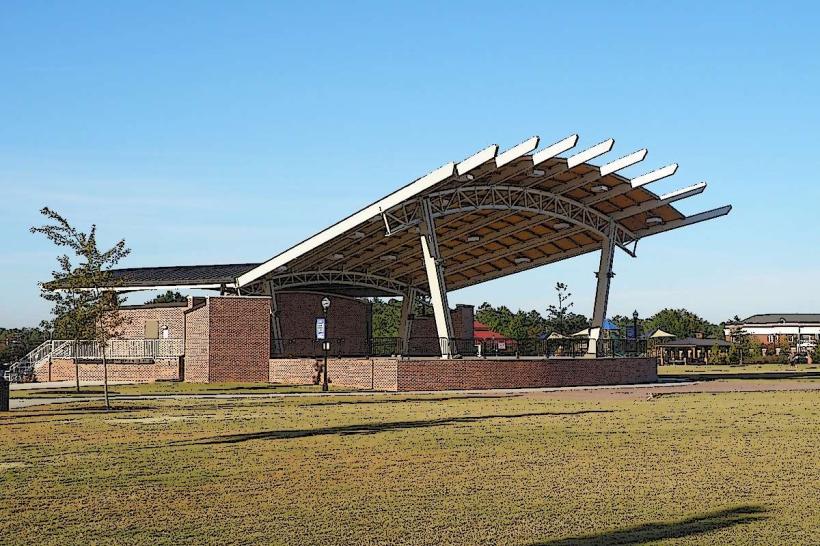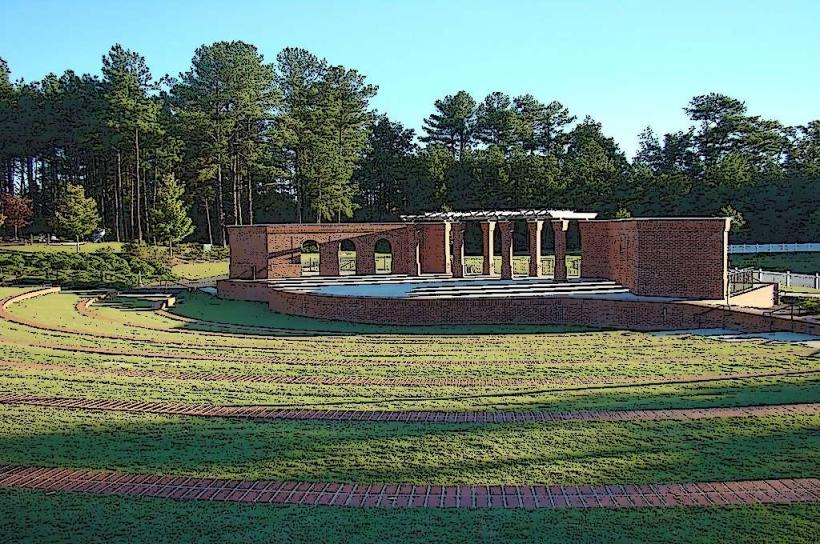Information
Landmark: Lake Olmstead ParkCity: Augusta
Country: USA Georgia
Continent: North America
Lake Olmstead Park, Augusta, USA Georgia, North America
Lake Olmstead Park is a municipal park situated in Augusta, Georgia, USA.
It encompasses a significant portion of the Augusta Canal and its associated waterways.
Visual Characteristics
The park features a 150-acre lake, Lake Olmstead, with a shoreline characterized by mixed deciduous and coniferous trees. The water color varies from brown to green depending on recent rainfall and algal bloom. The terrain is generally flat with some gently rolling hills. The Augusta Canal, a National Heritage Area, runs through the park, its concrete banks and surrounding vegetation forming a distinct visual element.
Location & Access Logistics
Lake Olmstead Park is located approximately 3.2 kilometers (2 miles) west of Augusta's central business district. Access is primarily via Walton Way, which borders the park's southern edge. Parking is available at multiple designated lots throughout the park, including near the main entrance off Walton Way and at the Augusta Canal Discovery Center. Public transport options include Augusta Transit bus routes that service Walton Way, with stops within walking distance of park entrances.
Historical & Ecological Origin
The Augusta Canal was constructed between 1845 and 1847 to provide hydroelectric power and water for the city of Augusta. It is a National Historic Mechanical Engineering Landmark. Lake Olmstead itself was formed by the damming of the canal's flow. The surrounding area is part of the Sandhills ecoregion, characterized by sandy soils and a mix of pine and hardwood forests.
Key Highlights & Activities
Activities include kayaking and canoeing on Lake Olmstead, with rental services available seasonally. Fishing is permitted in designated areas. The park offers a network of paved and unpaved trails suitable for walking, jogging, and cycling. The Augusta Canal Discovery Center, located within the park, provides exhibits on the canal's history and industrial significance. Birdwatching is a common activity due to the diverse avian population.
Infrastructure & Amenities
Restrooms are available at the Augusta Canal Discovery Center and at several picnic areas. Shaded picnic tables and shelters are distributed throughout the park. Cell phone signal (4G/5G) is generally reliable within the park boundaries. Food vendors are not permanently stationed within the park, but are often present during special events. The Augusta Canal Discovery Center offers limited concessions.
Best Time to Visit
For photography, early morning and late afternoon offer optimal lighting conditions, particularly for capturing the lake's surface and surrounding foliage. The best months for outdoor activities are April through June and September through October, when temperatures are moderate. High tide is not a relevant factor for this inland park.
Facts & Legends
A notable historical oddity is the canal's role in supplying water for textile mills, which significantly shaped Augusta's industrial development in the late 19th and early 20th centuries. A specific tip for visitors is to check the Augusta Canal Authority's schedule for potential guided boat tours or special events that offer unique perspectives of the park and canal.
Nearby Landmarks
- Augusta Canal Discovery Center (0.1km North)
- Sacred Heart Cultural Center (1.5km East)
- Morris Museum of Art (2.0km East)
- Augusta Riverwalk (2.5km East)
- Old Medical College of Georgia (2.2km East)

